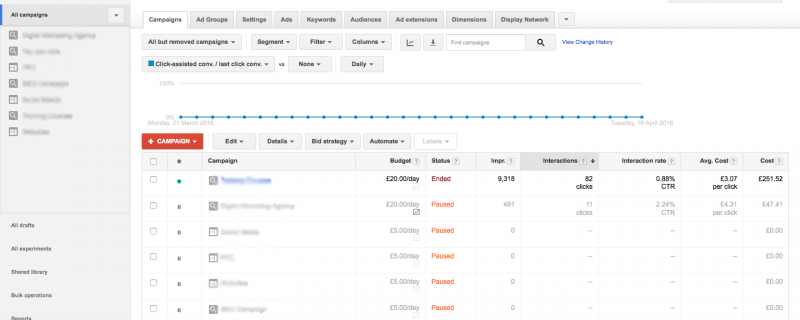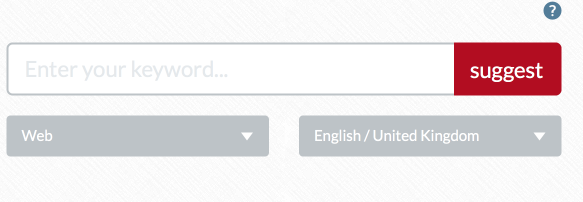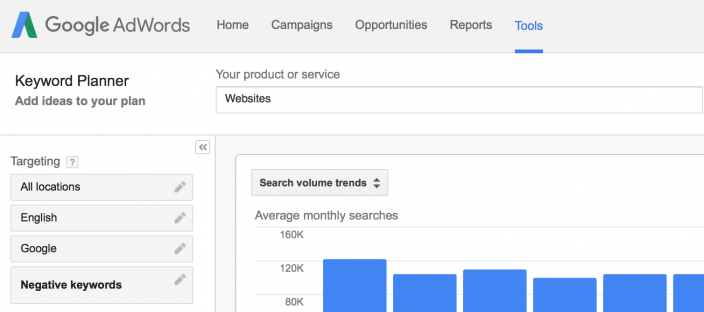Top six PPC trends we expect in 2019
2018 was an exciting year in PPC advertising writes Digital Web World’s PPC Manager, Arun. We saw Amazon rise as the first place audiences search for products, AdWords rebrand to Google Ads and Bing launch a huge range of new advert features.
So, will 2019 have as many developments? In this blog we’ll explore some of the new features & trends that might come to PPC in 2019. If you are a PPC agency or want help with PPC marketing, read on.
Audiences rising in prevalence for PPC
Next year we expect to see that keywords will become less important to PPC as the primary focus to trigger delivery of adverts. We expect to see audiences becoming more and more important, quite simply if you’re not using them, you need to start now.
This development will go hand in hand with a move towards greater personalisation in the delivery of Adverts which will entail using other Data Collecting products on PPC channels. These Audience Networks will aid delivery Adverts to individuals that have previously shown an interest in your website or products that are similar to yours.
Automation not keywords
In 2018, we saw a move from many search engines towards Automation, this was key in Google’s Responsive Search Ads (RSAs) and in changes to Exact Match Keywords, symbolising a move away from the traditional manual management of PPC Campaigns.
We expect to see Bid Management & Keyword Variables become managed by the platform you are using for delivering campaigns. We’ll have to be keeping a closer eye on that Negative Keyword List!
Alternative Advertising Platforms for PPC – maximise visibility of your adverts
If you are a PPC agency, you know that traditionally Google is king for PPC. It still is, but we might see alternatives rise in popularity. A good example of this would be Amazon’s “Sponsored Product Ads” in 2018 it emerged as not only a viable platform but an essential one, especially for our B2C clients.
However, other platforms are realising updates that potentially might be just as game-changing.
- Bing: Currently in beta, Bing Ads is testing local inventory adverts that display product stock availability nearby. (Currently in the US, but we expect to see this soon in the UK)
- Facebook: Improved adverts to include a new instant storefront template format that can automatically generate a video with products personalised to users.
- The return of Pinterest: New features allow users to buy directly from a product pin with price and inventory availability. Not only that, but they will also be able to make personalised product recommendations to users.
- Google: Putting mobile first, Google’s local catalogue adverts feature local in-store availability and pricing in an easy scrollable mobile layout.
Credit for these insights (Lisa Raehsler, 2018)
Artificial Intelligence (AI)
So, this one is also referenced in my second entry, but it’s very important to mention. 2019 will be the year where we see roles change in PPC. AI is allowing any PPC marketer in a PPC agency to become more and more efficient. It means we can spend more time where we really need to drill down into the Performance Data we see from our campaigns. Allowing us to Leverage Automation for us to use new markets and Cross-Channel Strategies.
I personally think we are a quite a long way off from a completely automated AI advertising process, but it’s a key step in this direction. Maybe this will come in the future.
Cross-Channel advertising is the way forward for PPC
We expect to see more Cross Channel Advertising. Platforms are more aware than ever that we don’t just use Google or Facebook, we use them all, so delivering on multiple channels will be essential to successful advertising in the future.
We might see this through a tighter blend of social, search and e-commerce, which will deliver a more complete and engaging process. So using and delivering a coherent campaign will become essential.
New Adverts & Extensions
In 2018 we saw game-changing innovations in PPC. As a PPC agency, the announcement of RSA’s and other Ad types allowed us to target audiences in a completely different way. Using Googles’ AI, gave us an opportunity to identify which adverts were the most engaging with our target markets. In 2019, we expect to see these evolve, we anticipate it will include many other products within the Google marketplace. A current trial to keep a close eye on will be the rollout of “Local Services Ads” which has been gathering a lot of traction in the US.
For a PPC Manager in a PPC agency, these developments are gold dust, but it will ultimately mean that we have to create better and better copy for our campaigns. The insights that a client can provide are more important than ever as they are the experts and they have unique requirements about how we have to approach and satisfy their needs.
If you want to find out more about PPC and the trends we expect to see, subscribe to Digital Web World’s, newsletter below and we’ll send you an update from time to time. Otherwise, if you want to maximise your PPC in light of any of these trends, don’t hesitate to get in touch with your PPC agency.
This article was written by Arun who manages PPC for Digital Web World.













